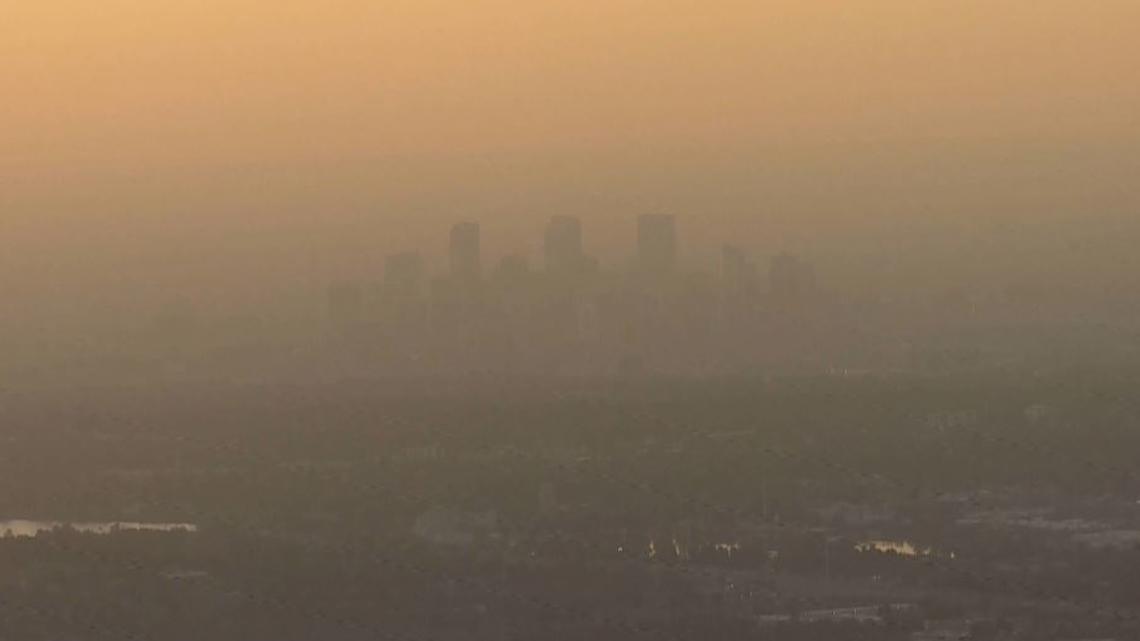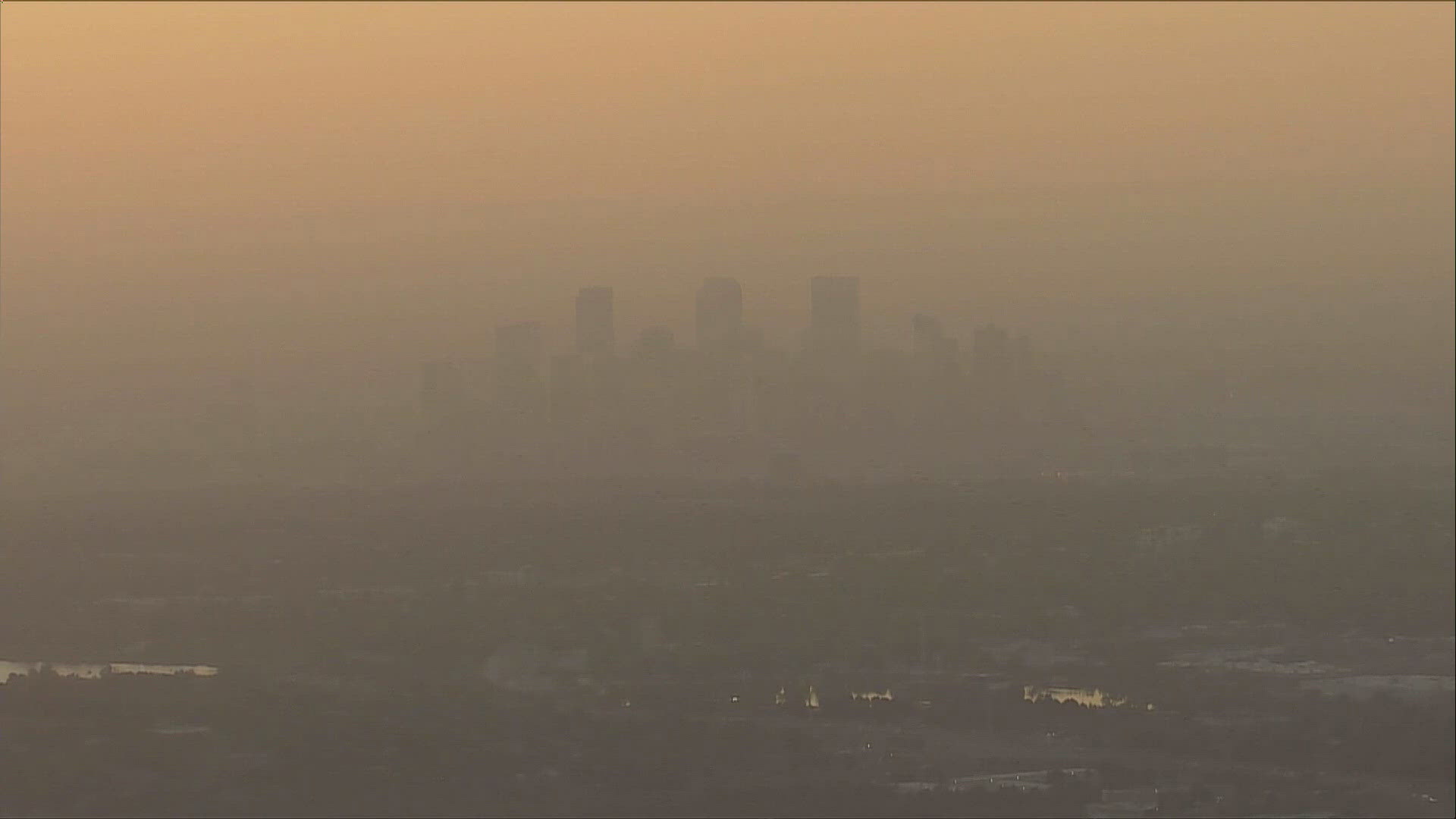DENVER — There is already so much in this world that cause anxiety and depression in children, and researchers now say parents can add wildfire smoke to the list.
A study by scientists at the University of Colorado Boulder shows a link between kids' mental health and their exposure to certain air pollutants.
"Kids these days are really exposed to so many different stressors that the previous generations couldn't really imagine," said Harry Smolker, Ph.D., a researcher at CU Boulder.
The study focused on 10,000 kids from 9 to 11 years old. His research showed that dirty air boosts the risk of mental illness in children who live around a lot of particular pollutants from cars, factories or wildfire smoke.
"The particles that are in that air pollution can not only enter your lungs, but they can pass into your bloodstream and pass through the blood brain barrier and enter your brain, and so there’s evidence suggesting that these particles are getting into people’s brains and causing sort of neuroinflammatory response that may have long lasting impacts on mental health." Smolker said.
"The number of days in which air pollution levels at their home address were above the EPA standards for safe air was associated with high symptoms of anxiety and depression, and that sort of increase in symptoms was associated with the number of actual days that they were exposed," he said.


Colorado is no stranger to poor air quality. Just this week, a haze blanketed the Denver skyline. Fires in Western states like Utah and California have been pushing smoke into the area.
Wildfire smoke being linked to mental illness in youth worries parents like Rebekah Coelho.
"It certainly does concern me, heavily, especially as a foster mom whose these kids background, we often don't know their medical predispositions," Coelho explained. "So that really particularly concerns me."
"I had, you know, always kept in mind the affects on lungs and asthma and all that, but I never had thought that it could have affects on their depression or anxiety or mental state," said Nicole Tondrey, a mother of two. "It’s definitely eye-opening."
Researchers hope parents keep the risk in mind and limit kids' time outside on bad air quality days.
Smolker said the findings are part of a 10-year study, so they will eventually determine whether the exposure has a long-term affect on the children.
"It’s really important for parents to do the best they can to monitor their children and to get them support when they need it," he said.

